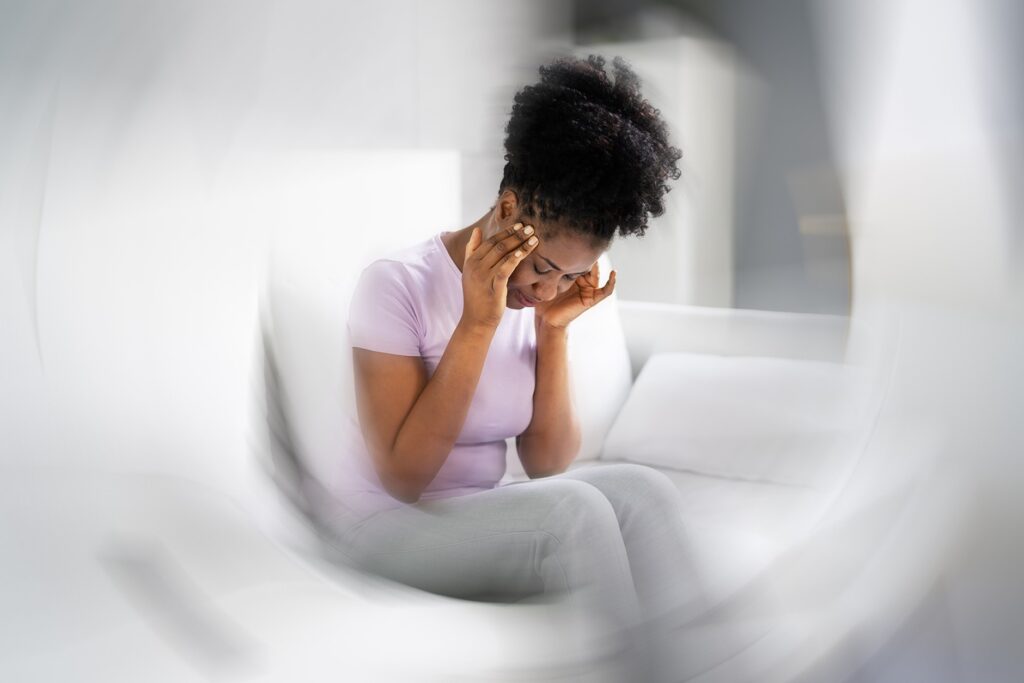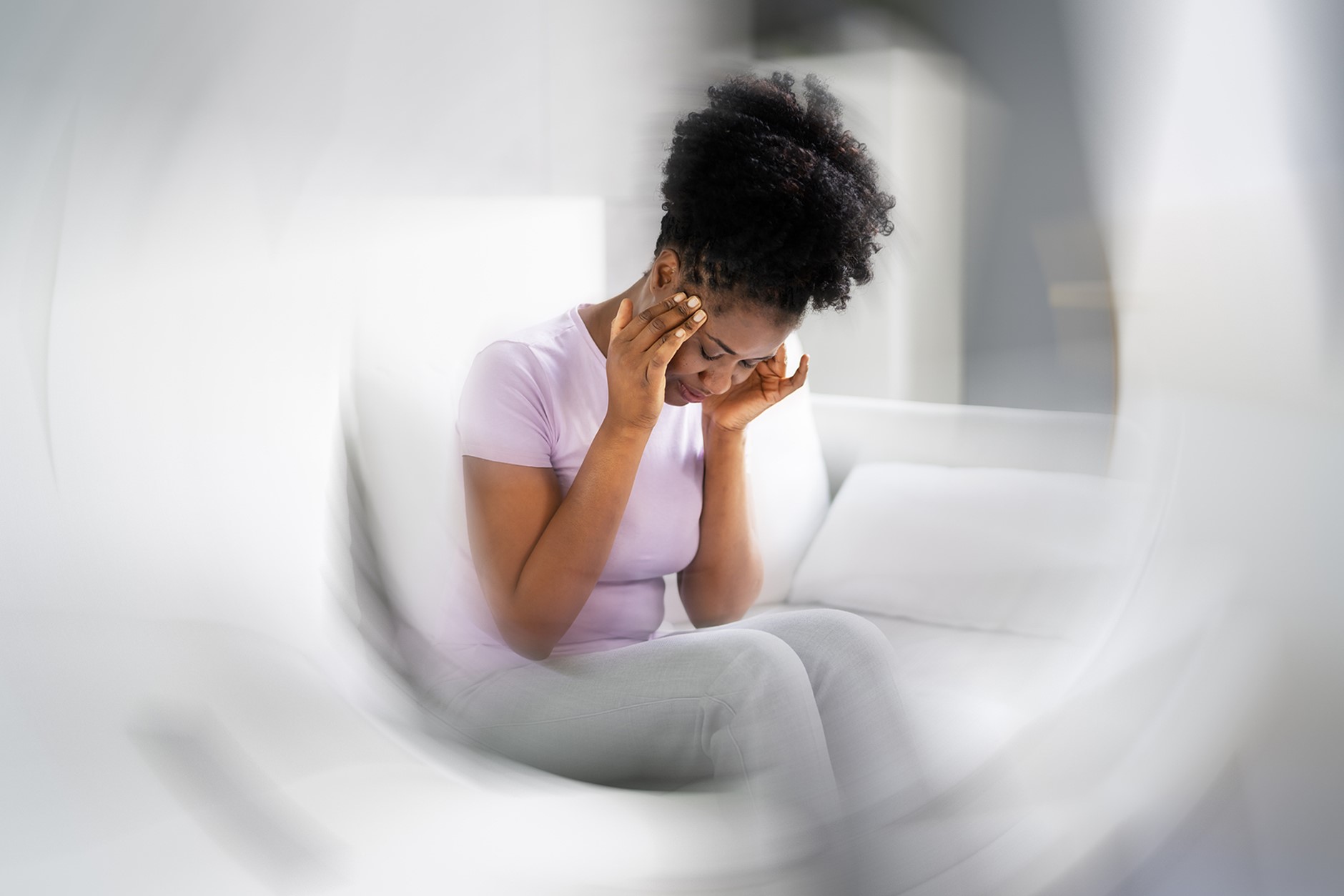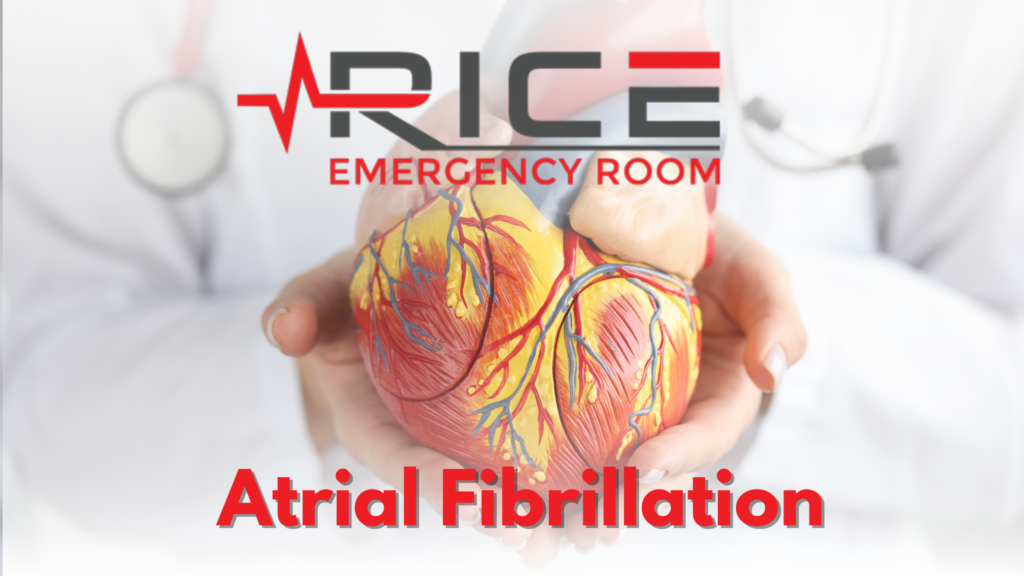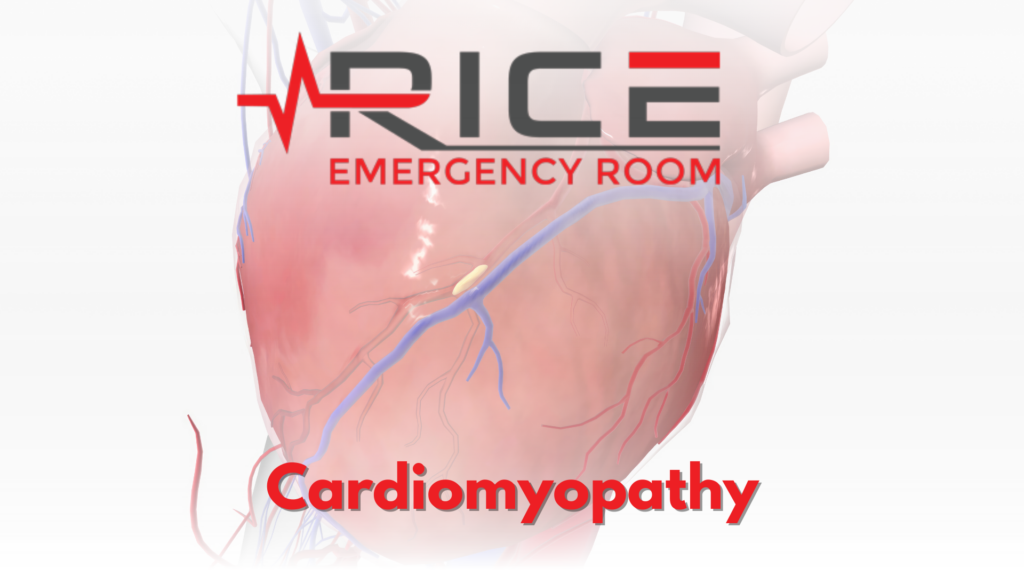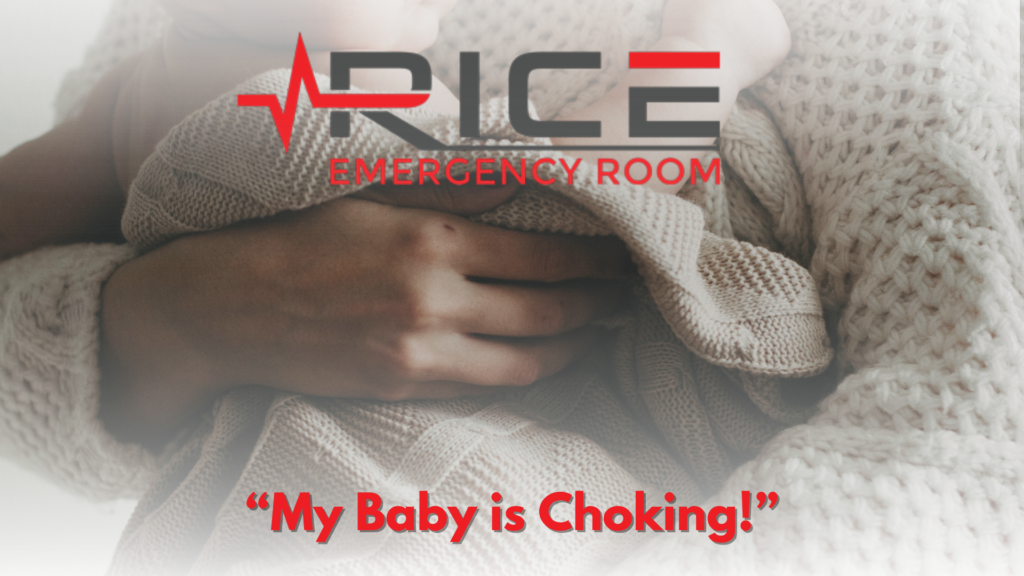Dizzy Spells and When to Seek Medical Care
Dizzy spells can be a frightening experience. You may feel like you are going to fall down or that the room is spinning around you. Sometimes, dizziness can be a sign of something more serious, and it is important to know when to seek medical care. Keep reading to learn about the causes of dizzy spells, when you should seek medical attention, and what you can do to prevent them from happening in the first place. Inner ear disturbance, motion sickness, and drug side effects are a few of the numerous potential reasons for dizziness. It can occasionally result from an underlying medical problem like poor circulation, an infection, or an injury. Your symptoms of dizziness and your triggers can help identify potential reasons. The duration of the dizziness and any additional symptoms you have also aid in determining the cause. (Mayo Clinic)
Headache and Dizziness
Dizzy Spells can either be a sensation of feeling lightheaded and unsteady or a sensation of abnormal movement of your body. Vertigo, on the other hand, is described as a spinning sensation in the body or the illusion of movement when there is none. Low blood pressure, a lack of blood flow, or a lack of blood reaching the brain are all possible causes of lightheadedness. (Upham)
Reasons for Dizziness
Dehydration: If you’re unwell, overheated, not eating enough, or drinking enough, you run the risk of being dehydrated. When you don’t drink enough fluids, your blood volume decreases, which lowers your blood pressure and prevents your brain from receiving enough blood, making you feel dizzy. Dr. Grossman explains that while a glass of water could help you feel better, it will take more to fully hydrate your body if you haven’t eaten or drunk anything in days. You could require a hydration infusion intravenously. If you require electrolytes like potassium or salt, a doctor can check.
Side-effects of drugs: Those that drop your blood pressure or increase urination might sometimes make you feel dizzy. If they work too well, you’ll experience excessively low blood pressure and dizziness. For this, diuretics are notorious. The solution can be as easy as changing the dosage or trying a new medication.
A sudden decrease in blood pressure: When we stand up, our blood pressure changes, which is something the autonomic nervous system enables the body to control. As we age, this mechanism may degenerate, leading to orthostatic hypotension, a brief drop in blood pressure when we stand that causes dizziness.
Low blood sugar: When blood sugar levels are low, every function in your body—including your brain—goes into reserve to use as little energy as possible. As a result, you may feel dizzy or disoriented. Even if you just need to drink some juice to relieve your symptoms, it’s advisable to monitor your blood sugar levels, especially if you require more intravenous or oral glucose (sugar).
Heart Attack or Stroke: At its worst, dizziness could indicate a heart attack or stroke. Lightheadedness is frequently accompanied by other heart attack symptoms such as chest pain, shortness of breath, nausea, arm pain, back pain, or jaw pain. Sudden onset of headache, numbness, weakness, visual abnormalities, difficulty walking, or slurred speech are all signs of a stroke. Lightheadedness, however, may be the only sign of a heart attack or stroke in older persons, particularly if it persists. In that scenario, every second counts, so seek medical attention at an emergency room. (Harvard Health)
When Dizzy Spells are an Emergency
Dizziness may be caused by a variety of conditions and it is important to know what could be causing it. It is best to see your doctor if you are experiencing frequent episodes of dizziness as this can be a sign of an underlying medical condition that needs treatment. Learning about the causes, when to seek medical attention, and how to prevent them from happening in the first place can help protect you from more serious illness.
The Board Certified Emergency Physicians at Rice Emergency Room are trained to treat all medical emergencies, including heart attack and stroke. If your dizzy spell accompanies other more serious symptoms, Rice Emergency Room can see you right away without having to wait in a crowded hospital ER. We are conveniently located in Rice Village at 2500 Rice Blvd and open 24/7 to address all of your family’s medical emergencies.
Works Cited
“Dizziness.” Mayo Clinic, Mayo Foundation for Medical Education and Research, 3 Dec. 2022, www.mayoclinic.org/diseases-conditions/dizziness/symptoms-causes/syc-20371787#:~:text=Dizziness%20has%20many%20possible%20causes,provide%20clues%20for%20possible%20causes.
Upham, Becky, et al. “Headaches and Dizziness: What’s the Connection?” EverydayHealth.com, www.everydayhealth.com/pain-management/headache/headache-dizziness.aspx.
“Lightheaded? Top 5 Reasons You Might Feel Woozy.” Harvard Health, 31 Aug. 2020, www.health.harvard.edu/diseases-and-conditions/lightheaded-top-5-reasons-you-might-feel-woozy.

